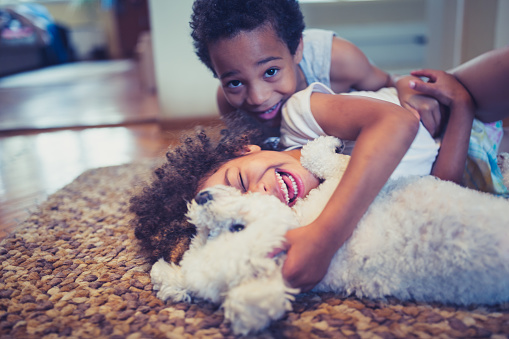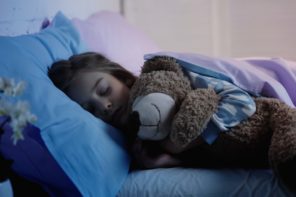Sure, pets are cute! But pets of any kind can be a source of human Salmonella infections, according to the Centers for Disease Control and Prevention (CDC).
That includes rodents (such as mice, rats or hamsters), rabbits, poultry or other small non-traditional pets (such as hedgehogs, sugar gliders, chinchillas, ferrets, reptiles and amphibians).
Even though pets infected with Salmonella germs might appear healthy and clean, those germs can easily spread through droppings and contaminate habitats, toys, bedding, pet food and anything in areas where they live and roam.
Salmonella germs may cause diarrheal illness in kids and adults, which can be mild, severe or even life threatening.
The CDC advises that children younger than five years of age, elderly individuals or people with weak immune systems should use caution when handling or touching these small pets and other animals. These groups are at a higher risk for infection and serious illness.
No matter what your age or health status, the CDC recommends simple do’s and don’ts to help protect yourself, your family and your classroom from germs that pets can carry.
Do’s
- Wash your hands thoroughly with soap and water right after handling pets and be sure to wash any areas in which they live and roam.
- If soap and water are not readily available, use hand sanitizer until you are able to wash your hands thoroughly with soap and water.
- Adults should supervise hand washing for young children.
- To prevent contamination, keep small pets out of kitchens and other areas where food and drink are prepared, served, stored or consumed.
- Keep young children away from pet food and pet feeding areas to reduce their chances for getting sick or injured. Be sure to buy pet food with no visible signs of damage to the packaging.
- Avoid feeding pets raw diets or any other raw foods that have not been appropriately treated to eliminate disease-causing germs.
- Habitats, toys, feed or water containers, and any other equipment or materials used when caring for your small pets, should be cleaned outside the house. To prevent cross-contamination with Salmonella germs, avoid cleaning these items in the kitchen sink or in bathrooms.
- If you do use bathtubs to clean thee items, make sure you thoroughly clean and disinfect afterwards.
Don’ts
- Don’t keep habitats containing small pets in a child’s bedroom, especially children younger than five years of age.
- Don’t let live poultry inside the house, in bathrooms or in areas where food and drink are prepared, served or stored, such as kitchens or outdoor patios.
- Don’t snuggle or kiss small pets, touch your mouth after handling pets or eat or drink around them.
This is a Sponsored Post. Lysol is a proud national sponsor of PTA.





